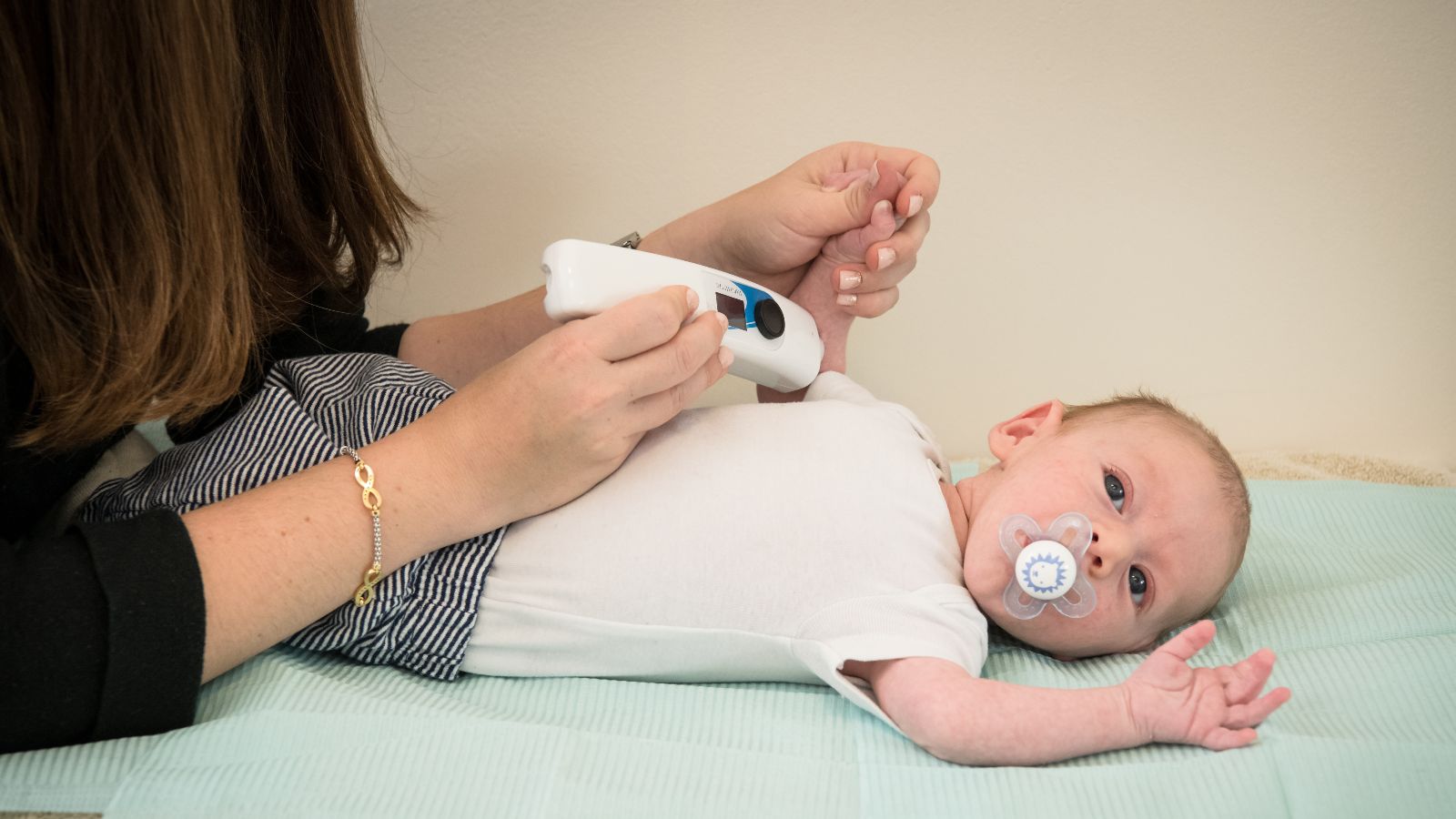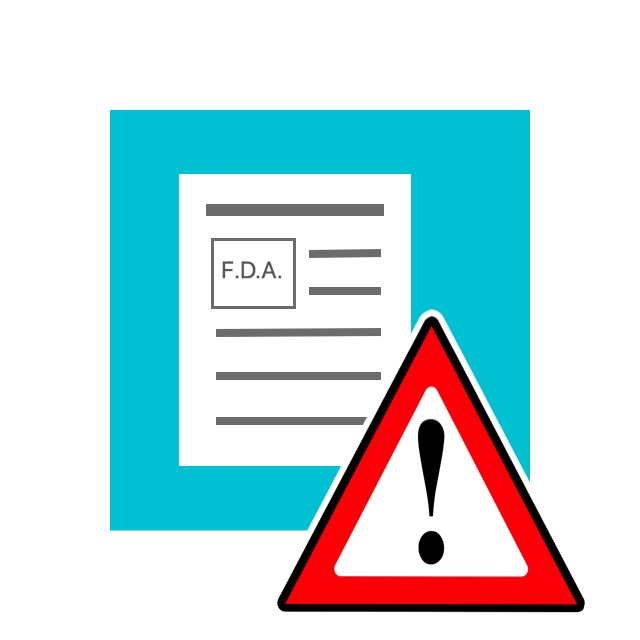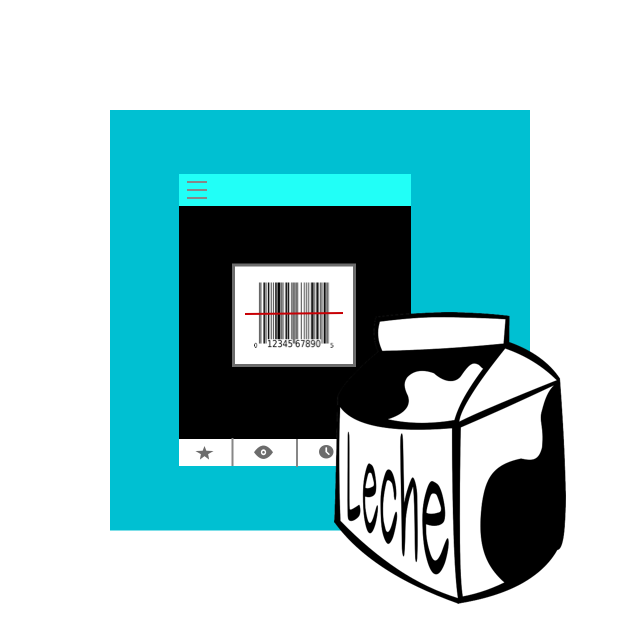
MyOR uses AI and predictive parameters to identify babies at risk of developing allergies and offers a holistic approach to prevent it from happening.
READ ARTICLE HIDE ARTICLE
In Israel, it’s an unwritten rule to stuff your baby with the country’s favorite snack – peanut-flavored Bamba – as soon as is humanly possible in a bid to prevent them from developing peanut allergy.
And while this generally works, there are in fact more methodic, even AI-driven ways for preventing newborns from developing allergies.
This is exactly what startup MyOR does. “Or” means “skin” in Hebrew.
The Tel-Aviv based company, founded in 2018, uses AI models and predictive data from studies worldwide to forecast which newborns are at risk of developing food allergies and atopic dermatitis (eczema).
This gives pediatricians a tool to guide parents on how to prevent allergies.
“We didn’t invent the idea that allergies can be avoided, but we did understand that there’s so much that parents need to know,” explains CEO Idan Katz.
The founders of the startup – Prof. Ron Kohen, who headed The Hebrew University of Jerusalem’s School of Pharmacy; medical foods entrepreneur Dr. Ariel Katz; and skin specialist Dr. Michael Brandwein – wanted to utilize their accumulated knowledge and translate it into a product, Katz adds.
“As part of the first and second well-baby visit, parents are asked to fill in a questionnaire about their family history regarding all the atopic diseases in the family – allergies, hay fever and asthma.”
There are also parameters based on the pregnancy, childbirth and infancy, such as birthweight and whether the birth was in winter or summer, he adds.
“We also carry out a test of skin functionality, trans-epidermal water loss, that gives us an indication of how much the skin isolates the baby or infant from their surroundings. Using these parameters, we know how to create a personalized risk report geared at the provider.”
Katz says about 20 percent of babies are at high risk, and another 20% are at medium risk, of developing food allergies and atopic dermatitis.
“We provide a plan to support the parents [of that 40%], giving them physical products that prevent allergies such as skin creams and snacks for the early introduction of allergens.”
MyOR strives to make all information and guidelines “accessible to parents so that they don’t have to have a PhD in microbiology or be an allergist to understand it.”
A bit about allergens
Allergy development stems from the way in which allergens are first introduced to the body, Katz explains.
According to the dual-allergen exposure hypothesis, the body learns to accept allergens that it first encounters through the mouth and GI tract. However, if the first exposure is through the skin, the body categorizes them as harmful allergens and an allergy develops.
Atopic dermatitis works a little differently.
“We all have lots of bacteria and fungi and a very diverse and healthy microbiome environment. For some infants, at some stage this very diverse environment becomes very monotonous and a certain bacteria becomes very dominant, and that’s the bacteria that causes atopic dermatitis. The way to prevent atopic dermatitis is to maintain a rich and diverse microbiome environment,” says Katz.
“There’s lots that can be done. Having a dog at home, for example, contributes to the skin microbiome environment. Using creams very much helps maintaining skin functions,” Katz says. “There’s also many don’ts, such as don’t use aromatic oils, and definitely don’t use products that contain allergens such as peanut protein or milk proteins.”
The idea behind MyOR, therefore, is to make sure that babies at risk of developing allergies meet allergens in the correct way – through designated snacks given at the earliest possible age, and by making sure that these don’t reach the body through skin creams.
The creams that the company provides are designed to ensure a rich microbiome environment to prevent atopic dermatitis from forming.
Let them play in the sandbox
“When I was a boy, the directive was not to introduce kids to allergens right from the start. That’s just incorrect, and nowadays it’s no longer adhered to. You need to introduce children to allergens already at the tasting stage,” Katz explains.
“We also need to be less sterile – having a dog at home helps prevent allergies; playing in the sandpit is also very important. This is how we can prevent our kids from having allergies.”
MyOR, which currently has 11 employees in its Tel Aviv office, is targeting the US market, where it is currently at commercial pilot stage working with partners in Denver, Colorado.
The company has so far had two rounds of investment by angel and private investors, and plans on building a sustainable business through its commercial activity and collaboration with strategic partners.
“Our prediction system is based on data. We don’t need to go through a trial and wait three years for a child to develop an allergy,” Katz notes. “We cooperate with the world’s leading research groups on these topics and use the data that they created to develop the prediction.”
According to the company, its few US-based competitors offer allergen-containing snacks, but don’t have the advantage of being in direct contact with healthcare providers and parents.
“There are companies around the world that are trying to prevent allergies, but there’s no company that knows how to predict both atopic dermatitis and food allergies in a scientific way,” claims Katz.
“There’s no company and the world that’s providing a holistic solution.”
Learn More from Israel21c





